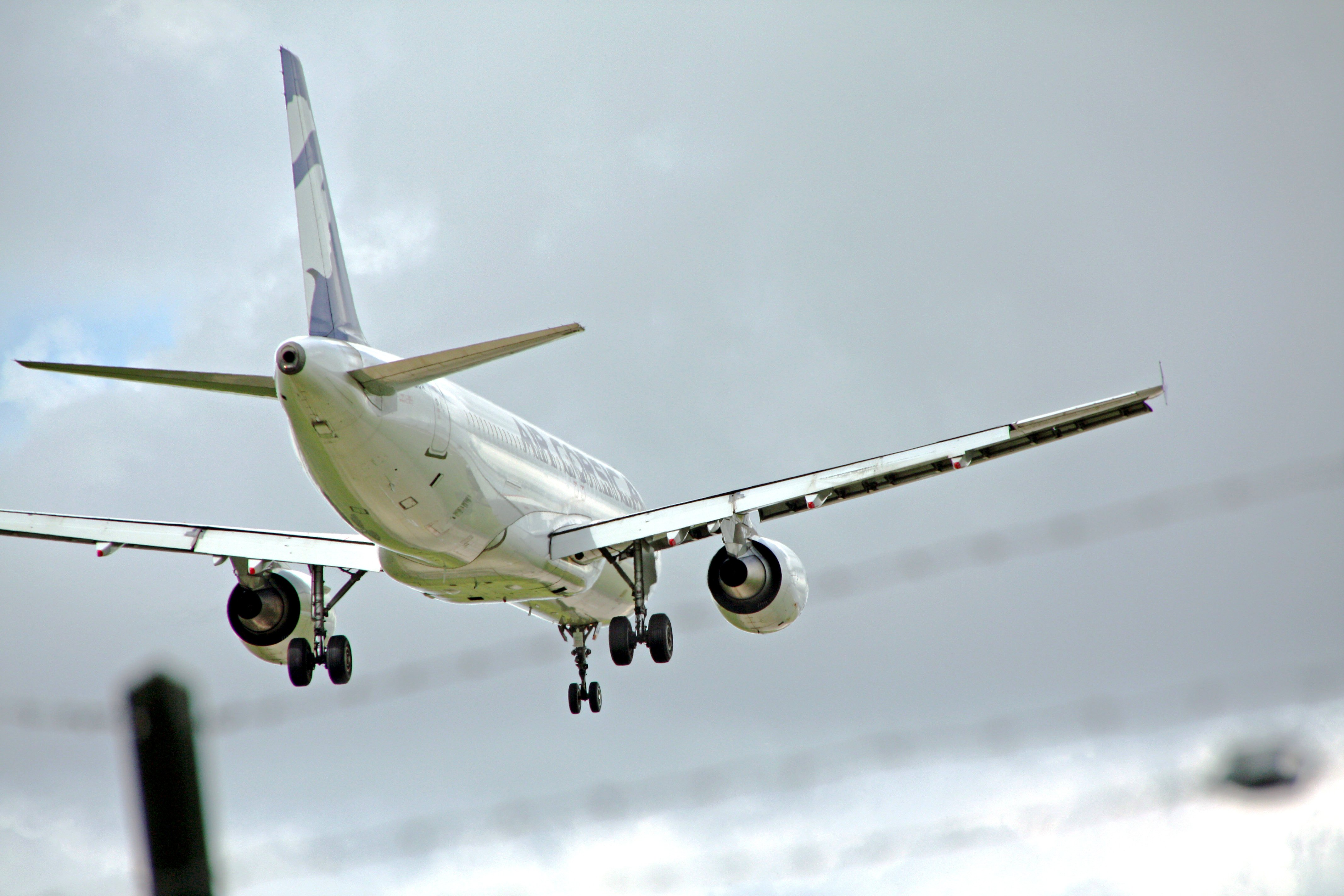
taxpayers are required to travel during the course of their employment. While the IRS allows individuals to write off business expenses related to travel, doing so can be a veritable minefield of tax issues, meaning you may need assistance from IRS Revenue Officers. For example, can you deduct the cost of gas if you're making a stop along the way to go sightseeing? What about engaging in pleasure while you're away on business? Is there any way to prevent being audited by the IRS for claiming travel expenses? To answer these and other questions, here's an introduction to help you learn how to write off business travel costs.
What Qualifies as a Business Travel Expense?
First, it's important to find out exactly which expenses you can deduct from your taxes as business travel costs. In most cases, the qualified business travel tax deductable expenses will be restricted to the costs you were required to pay in order to make the trip. For many taxpayers, these costs include hotel stays, airline tickets, and rental car reservations. However, you must make sure that you deduct the expenses at the appropriate percentage. For example, you can deduct the full amount of your airline ticket, even if it's first-class, but you can only write off 50 percent of your stay at the local hotel. Meals are also limited to a 50 percent deduction.
Another consideration is that your expenses cannot be considered extravagant in order to meet the eligibility standard. If you grab a quick lunch on the way to your business meeting, you'll probably be allowed to deduct 50 percent of the meal according to the IRS guidelines. However, if you go out for drinks at a fine dining establishment later in the evening and dine on caviar, that probably won't be an eligible deduction.
Keeping Work and Pleasure Separate
One of the most problematic areas for individuals who claim business travel costs is keeping their work expenses separate from their pleasure expenses. Many employees combine their out-of-town business assignments with family vacations or sightseeing. However, the IRS is very strict about the use of the business deduction for travel costs. Only expenses that are incurred during the business portion of the trip are deductible. So, if you and your family decide to stay in town for an extra week after your business is concluded, you won't be able to deduct any of the expenses from those days.
The best way to avoid any possible mix-ups is to designate one part of your trip as business and the other part as pleasure. If you have to attend a business meeting on a specific day, don't do any pleasure activities that day at all. That way, you can simply deduct the costs from that day. Reserve other days for vacationing or visiting local attractions. Be sure to keep your receipts separated as well.
Deducting business travel costs doesn't have to be confusing. If you keep the IRS guidelines for deducting business travel in mind, you'll return from your trip rested and ready to get back to work.




